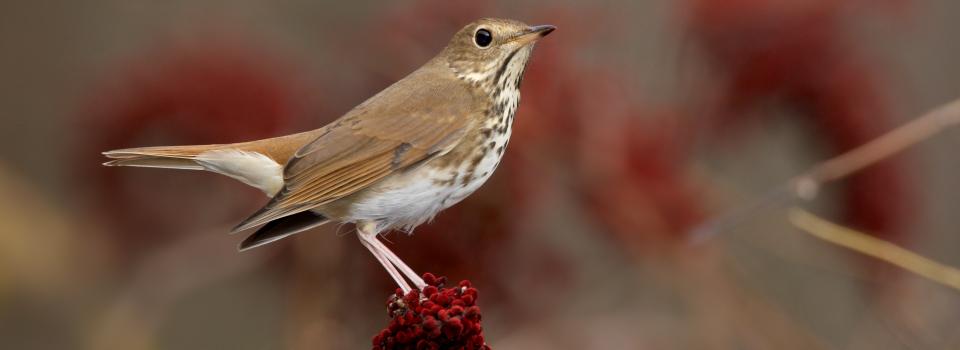
Hermit Thrush
Photo by: Robert Royse

Box Turtle
Photo by: Jonathan Mays
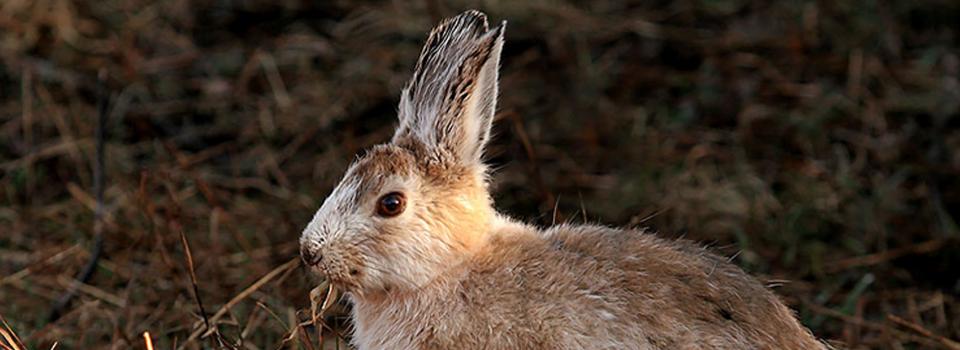
Snowshoe Hare
Photo by: Mike Hodgson
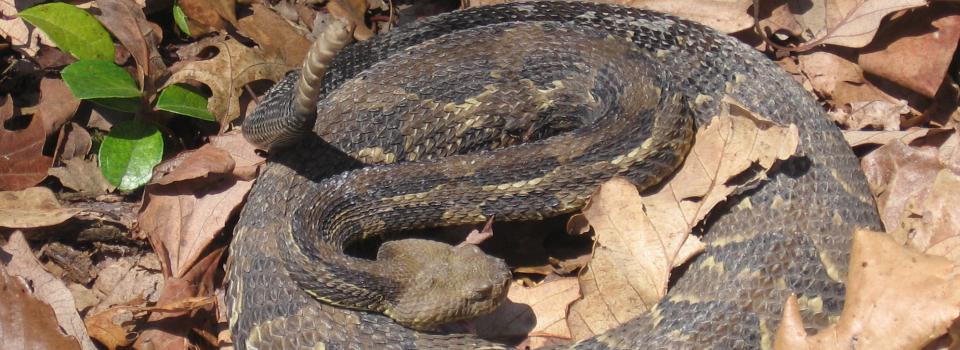
Timber Rattlesnake
Photo by: Kelly Wiley
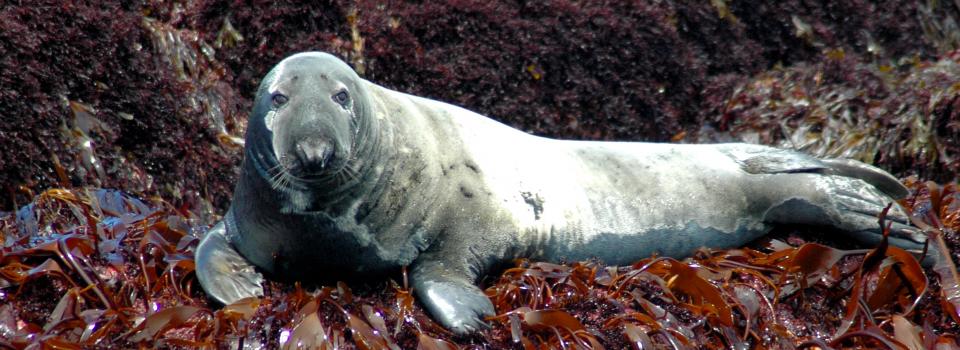
Gray Seal
Photo by: Jonathan Mays








The Northeast Association of Fish and Wildlife Agencies (NEAFWA) is pleased to announce a Request for Proposals (RFP) for grants under the 2012 Northeast Regional Conservation Needs (RCN) Grant Program.
Please read the complete RFP provided below, including the List of Priority Topics for the 2012 Grant Cycle and the Frequently-Asked_Questions before submitting an application for RCN Grant Funds.
Background
State fish and wildlife agencies have developed State Wildlife Action Plans (SWAPs) that assess the condition of each state’s wildlife and habitats, identify the problems they face, and outline the actions that are needed to conserve them over the long term. The SWAPs identify a variety of actions aimed at preventing wildlife from declining to the point of becoming endangered. By focusing on conserving the natural lands and clean waters that provide habitat for wildlife, the plans have important benefits for wildlife and people.
Many of the conservation needs identified in the SWAPs are best addressed at a landscape-scale – a scale that does not conform to state boundaries. In addition, many conservation actions can be developed or implemented in one area of the Northeast with the results applicable and of benefit to the entire region. By combining financial resources, the Northeast states have created an efficient and effective mechanism to address landscape scale or regionally applicable issues. The objective of the Northeast RCN Grant Program is to address landscape-scale, regional wildlife conservation issues by combining resources, leveraging funds, and prioritizing conservation actions identified in SWAPs.
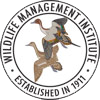
© 2020 A Wildlife Management Institute Project